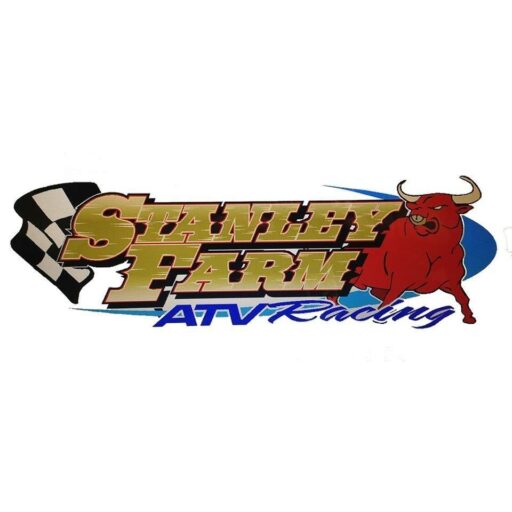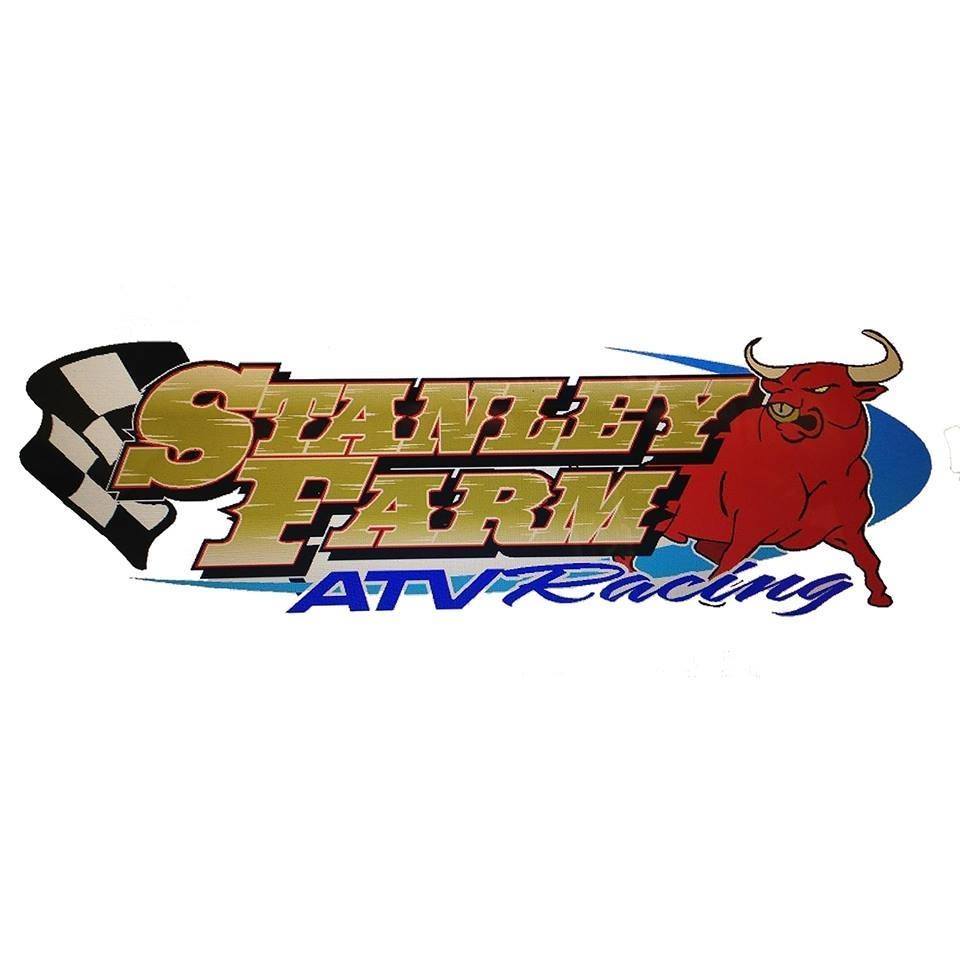Operating an ATV on a farm might feel like second nature, especially if you’re used to handling rugged terrain, herding livestock, or towing heavy loads. But while ATVs are built for power and efficiency, they also pose serious risks. That’s why investing in protective gear for safe farm ATV operation is just as important as owning a high-quality ATV.
Whether you’re an experienced farmer or new to off-road utility vehicles, this guide will walk you through the top 10 must-have gear items to keep you safe—and why they matter.
Internal Link: For more ATV models built for tough farm work, check out Farm ATV Models.
Why Safety Gear is Non-Negotiable for ATV Riders
Real Risks on the Farm
Farms are dynamic environments. You’re not just dealing with smooth open fields—you’ve got bumpy trails, deep mud, roaming livestock, machinery, and unpredictable weather.
The Cost of Skipping Protection
Skipping safety gear may seem like a time-saver, but the cost can be high: broken bones, concussions, or even fatalities. And that’s not just fearmongering—it’s backed by accident stats.
Keyword: protective gear for safe farm ATV operation
1. DOT-Approved ATV Helmet
Why a Helmet is Your First Line of Defense
This is non-negotiable. A helmet protects your head in case of a fall or rollover—two of the most common ATV accidents on farms.
Features to Look For
- DOT certification
- Ventilation
- Removable liners
- Full-face coverage
Explore ATV safety gear here.

2. Eye Protection: Goggles or Visor
Dust, Bugs, and Flying Debris—Oh My!
Farms are dusty. Add a high-speed ATV and now you’ve got dirt, grass, and bugs smacking your face.
Anti-Fog and UV Features
Look for UV protection and anti-fog coating to keep visibility crystal-clear.
3. Chest and Back Protectors
Shielding Your Core
These armor-like protectors safeguard your ribs, spine, and internal organs from impact.
Hard vs Soft Shell Options
- Hard shell: Maximum protection
- Soft shell: More comfortable for long hours
For heavy-duty tasks, browse Heavy-Duty ATVs.
4. ATV Riding Gloves
Better Grip, Better Safety
Sweaty hands and slippery handlebars? That’s an accident waiting to happen.
Weather-Resistant Materials
Choose gloves that are:
- Breathable in summer
- Insulated in winter
- Reinforced at the knuckles
Explore more in our ATV Accessories section.
5. Protective Boots
Support, Grip, and Impact Defense
Farm work is tough on your feet. Add the weight and movement of an ATV, and protective boots become essential.
Key Boot Features for ATV Use
- Steel toe caps
- Oil-resistant soles
- Ankle support
- Waterproofing
6. Long-Sleeved Jacket and Pants
Armor-Infused Fabrics for Farm Work
Don’t wear jeans and a tee. Invest in riding gear that includes Kevlar, Cordura, or other abrasion-resistant fabrics.
Heat and Cold Resistance
The right gear will also regulate body temp across seasons.
Check out our Maintenance & Repairs Guide for gear upkeep tips.
7. Elbow and Knee Pads
Preventing Common Farm Injuries
These help avoid fractures or scrapes when falls occur—which, let’s face it, they will.
Adjustable Comfort and Fit
Choose lightweight, adjustable designs with padded interiors.
8. High-Visibility Safety Vest
Stand Out on the Farm
You might be riding at dawn or dusk. A reflective vest ensures you’re visible to others.
Reflective Materials and Farm Hazards
Choose neon colors and reflective tape for 360° visibility.
Explore more about Eco Farming and Safety.
9. Hearing Protection
Combating Prolonged Noise Exposure
ATVs are loud. Add other machinery and you’ve got a symphony of noise that can damage your hearing.
Types of Hearing Protection
- Foam earplugs
- Noise-canceling earmuffs
- In-helmet audio filters
10. Communication Device (Helmet Intercom)
Stay Connected While Riding
If you’re riding solo in remote fields, a helmet intercom is a lifesaver—literally.
Tech Features to Look For
- Bluetooth connectivity
- Voice activation
- Weather resistance
Check out our How-To Guides for installing communication systems.
Bonus: ATV-Specific Tool Kit for Emergencies
While not “protective gear” per se, a tool kit can be crucial in case of breakdowns. Include tire patch kits, mini air pumps, and multi-tools.
Visit our section on Farm Equipment for essential gear.
How to Choose the Right Gear for Your Needs
Terrain and Climate Considerations
If you’re in a wet or snowy area, prioritize waterproof and insulated items.
Matching Gear with ATV Tasks
Towing? Herding? Spraying? Choose your gear based on your specific farm jobs.
Explore Productivity Gear for more.
Proper Maintenance of Protective Gear
Extending Lifespan and Effectiveness
Gear isn’t cheap. Make it last with regular cleaning and inspection.
Storage and Cleaning Tips
- Air-dry only
- Avoid harsh detergents
- Store in a cool, dry place
Keep a Maintenance Log for each gear item.
Conclusion
Safety isn’t just about wearing a helmet—it’s about outfitting yourself head to toe in gear that guards against the farm’s many hazards. Investing in protective gear for safe farm ATV operation means protecting your life, your productivity, and your livelihood.
Don’t skimp—gear up!
Want to ride smarter and safer? Explore more Farm Riding Tips and shop the latest Affordable ATVs or 2025 Models today.
FAQs
1. What’s the most important piece of ATV protective gear on a farm?
The helmet. It offers critical protection for your head during rollovers or collisions.
2. Can I use motorcycle gear for farm ATV riding?
Some gear overlaps, but farm-specific ATV gear offers features suited for rugged terrain and utility work.
3. Are steel-toe boots really necessary?
Yes, especially if you’re doing any towing, hauling, or machinery work around the farm.
4. How often should I replace my protective gear?
Inspect after every ride. Replace helmets every 3–5 years or after a crash.
5. Is it okay to buy second-hand protective gear?
Only if it’s lightly used and undamaged—especially avoid second-hand helmets.
6. What’s the best way to store my gear?
Keep it clean, dry, and away from direct sunlight. Use storage bins or gear bags.
7. Can I ride an electric ATV without all this gear?
Yes, electric or gas—gear is non-negotiable. Check out Electric ATVs for quiet, efficient models.


